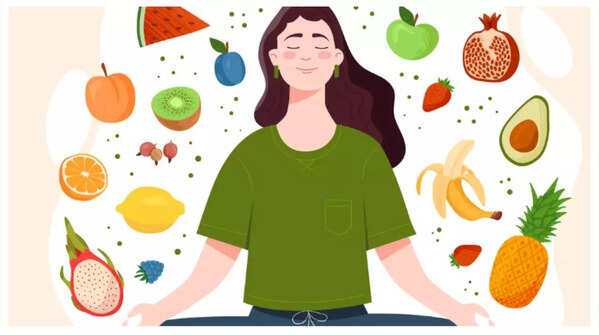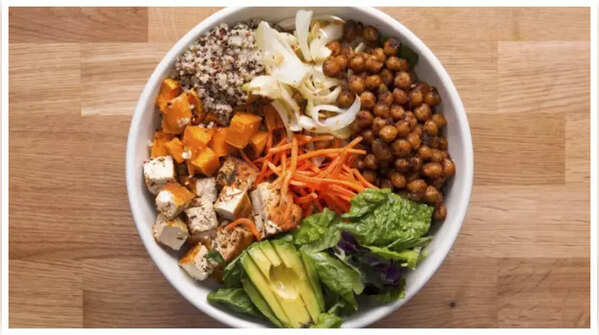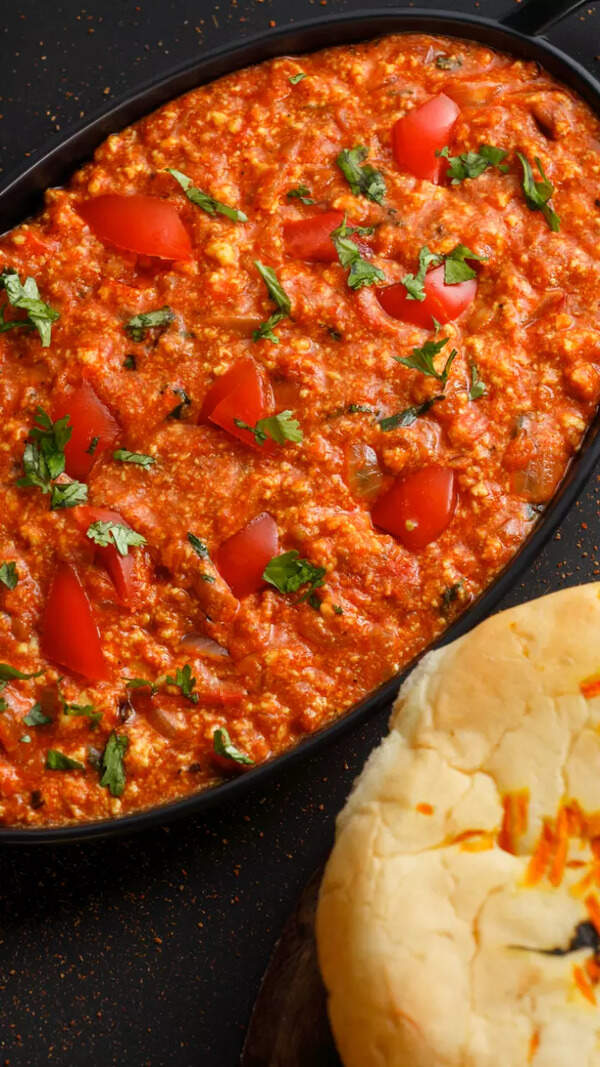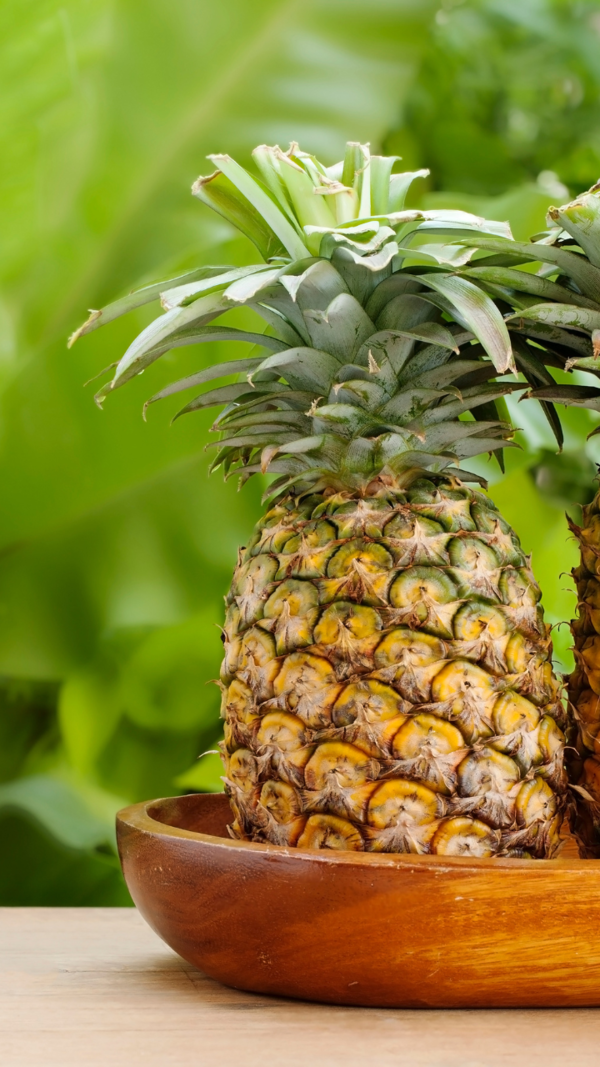- News
- lifestyle
- health-fitness
- 5 Buddha monastic fasting rules that can make you lose weight
5 Buddha monastic fasting rules that can make you lose weight

5 Buddha monastic fasting rules that are ultimate secrets to good health and longevity
All of us at some point have struggled with weight loss, and have tried every trick in the world to reduce weight, whether it is keto, low calorie diet or a no sugar one. However, do you know that to manage weight, all one needs to do is to go back to the basics, and this is where the Buddha’s monastic fasting rules come into play. Focusing on mindfulness, discipline, and timing of meals, these rules are simple, clean and easy to follow. Take a look..

Practice Intermittent Fasting
Monastics usually fast from noon until the next morning, which means they eat all their meals before noon and then abstain from food for about 12 to 18 hours. This form of intermittent fasting helps regulate metabolism and encourages the body to burn stored fat naturally. Research shows that limiting eating to a specific time window can improve weight loss, blood pressure, and overall health. However, since in our busy worlds, it is not possible to finish all our meals before noon, one can close their eating window to any time they feel comfortable with.

Mindful Eating
Buddhist monks practice mindful eating, which means paying full attention to the food you eat. They eat slowly, savoring every bite, noticing the texture, taste, and how their body feels. This awareness helps prevent overeating because you recognize when you are about 70-80% full and stop eating before feeling stuffed. Mindful eating also improves digestion and helps build a healthy relationship with food.

Simple, Plant-Based Meals
The Buddhist diet is mostly vegetarian or vegan, focusing on fresh, seasonal, and unprocessed foods like whole grains, fruits, vegetables, legumes, and nuts. Monks avoid rich, spicy, or overly sweet foods that can trigger cravings or discomfort. This simple, plant-based diet is low in calories but high in nutrients, which supports weight loss and overall well-being.

No snacking/emotional binges
Monks do not snack between meals. They allow their bodies to rest and digest fully before eating again. This helps maintain a natural rhythm and prevents unnecessary calorie intake. Also, Buddhist teachings encourage detachment from food as a source of comfort or escape. Instead, eating is seen as a way to nourish the body and sustain life, not to satisfy emotional needs.









